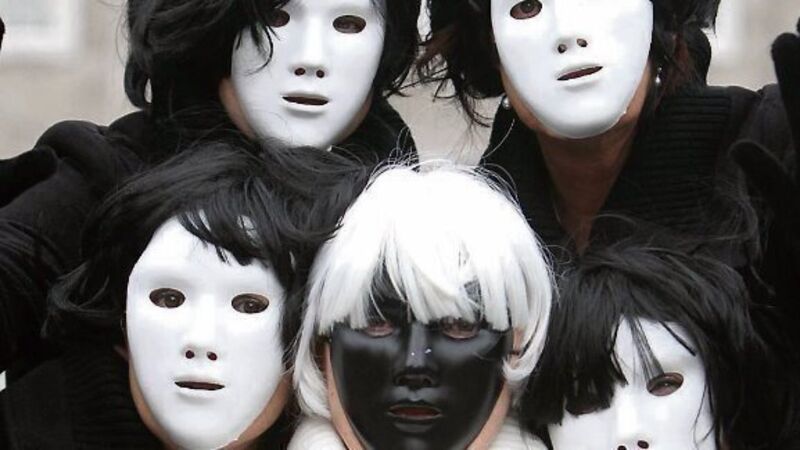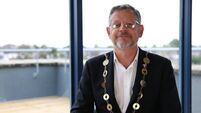State must not cut lifeline for the most vulnerable in society

I WAS a client of a Rape Crisis Centre many, many years ago as a result of chronic childhood sexual abuse. The abuse was within the family circle. It was also outside the family, a priest in the community, and was suffered later again, as a young adult woman.
There was no aspect or part of my adult life that was left unaffected by that experience. It deeply affected the lives of my late partner and our adult children. It rendered me emotionally and physically paralysed for a long, long time. The beginning of recovery was the moment I made a decision for myself, while under psychiatric care, to attend a counsellor.
I could not have foreseen what was ahead for me or what it would cost or what it would take. The journey was death-defying. It has been done, despite it all, and thanks in no small part to my connection with the Rape Crisis Network Ireland (RCNI).
So is it easier to be a survivor of childhood abuse or sexual violence these days? Are we in danger of creating a response which focuses on getting things legally correct so that there can be no future questions. Such a child protection focus may be creating another unsafe world for both vulnerable children and adults.
From my very first contact with a Rape Crisis Centre I knew I was in safe, capable, and believing hands. The service is free. The ethos and stance of the centre I attended was political and clear. I knew where they stood with me. How I was listened to, responded to, how my safety needs were attended to, let me know that these women knew what they were about with no ambivalence.
Some years later, I was part of a small group of women who set up another rape crisis centre. So, for the last 20-something years, I have had the privilege of helping other women and men work through the after-effects of sexual violence, be it in childhood or adulthood.
Rape crisis centres, as part of the original women’s movement, have been listening to, sitting with, and advocating for victims and survivors for well over 40 years. It was the voices of survivors of sexual violence and childhood abuse that first gave us glimpses of the truths we have come to know over the last two decades. Is it any easier today?
Consider what is still asked of the child who needs to disclose abuse within the family. Consider that, while they will be thankfully much better treated than ever before, they will still have to reveal what has happened to them, in detail, to a garda or to a social worker in Tusla. Perhaps in court.
Consider how hard it is, if you desperately want your mother, but she is standing beside the person who has raped you. How do you square that in your heart?
Consider how long it took me to speak about what had happened in childhood — the guts of 30 years, and the main abuser was dead. Consider
the 17-year-old girl who desperately wants to report a rape by a peer, but who withdraws not just from making a complaint but from all services, because the gardaí say they have to contact her parents.
The vast majority of victims and survivors do not report the crimes committed against them because their own experiences tell them it is still not safe. Rape crisis centres have been witness to these dilemmas for many years. RCNI has been listening and evolving appropriate, client-led responses for years. The patterns of contact, the way someone comes to make a disclosure, what they need to make it and what someone needs after a disclosure.
All have been part of the RCNI response. Over and over, week after week, we have seen clients, having previously withdrawn, go back to the gardaí or social workers or their families, because they have got the right supports. Many go on to make the disclosure they need to make.
The changes quietly being imposed on rape crisis centres are nothing short of decimations of services that have greatly informed our treatment of survivors. In particular, cutting RCNI funding is probably one of the most short-sighted and damaging acts of the current Government. The vast majority of survivors do not report and do not access services. The vast majority get on with their lives, often never telling anyone. What is the hidden price of their silence? Rape crisis centres and services like them are a pivotal piece of the jigsaw, helping someone become secure enough to take action.
We are still leaving children and traumatised survivors unsafe by withdrawing support and silencing one of the most professional, visionary, and effective partners that have been part of the real sea change in the response to sexual violence. Yes, there has been much change but sexual violence has not gone away, child abuse has not gone away. We need to consider what we are still asking of the abused child and the abused adult. Is it making it safer for them or for us?
I must continue to be shocked by what the child, the victim, is saying. I must say: “You may not do this to any child.” That is the response that is needed. Not the message that “we will protect you when you tell me what has happened to you”.















